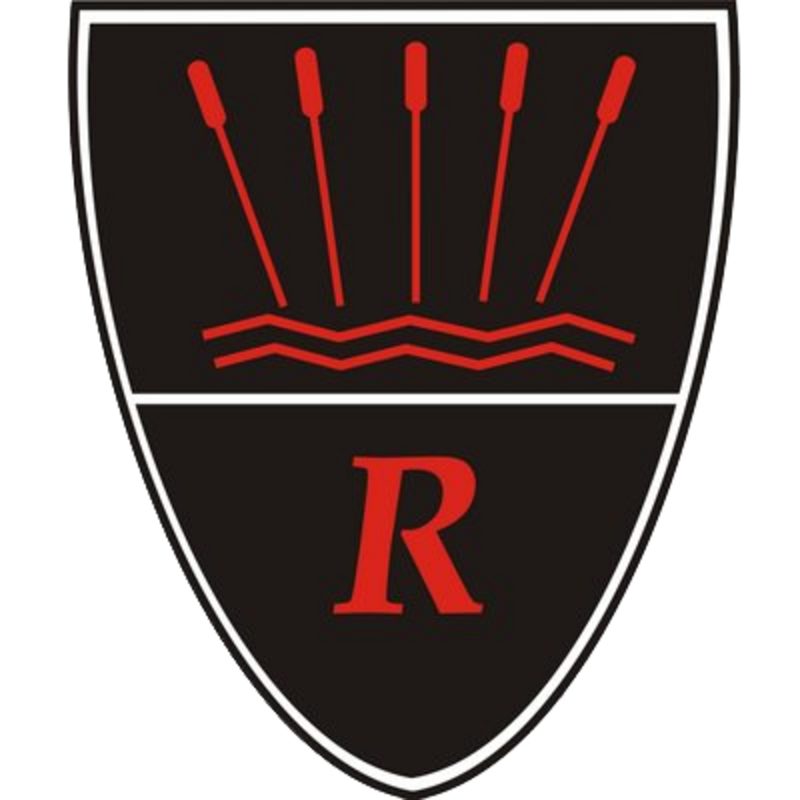
Course outline Our A Level in Sociology provides students with the exciting opportunity to gain a deeper understanding of the world around them and reflect on social issues that are often relevant to their own social experiences. This opens up the possibility for fascinating discussions - for example about social class, representations of youth and gender, and to understand the role of education and families in social development. Students acquire knowledge and a critical understanding of contemporary social processes and social change. They have the opportunity to develop a broad set of desirable key skills, including the ability to analyse and formulate clear, logical arguments with scope for extensive evaluation from a range of theoretical perspectives. Lesson structure and expectations The course is assessed entirely through examinations and lessons will consist of debate, discussion, and engagement with theories, case studies and ideas. Students are expected to bring a willingness to work hard and a well- informed, inquisitive and open mind. In year 12, we study the topics of culture and identity, family, and education and introduce research skills. In year 13, this is developed and furthered with a critical engagement in research skills and practice, examination of inequalities in society and close study of health and disability. We study a range of theories about society and inequalities, and apply these to our own learning and ideas about contemporary British life. Course requirements Students should have at least a grade 4 in English language and mathematics, as well as a grade 5 in a humanities based subject or film studies. The subject requires a great deal of written analysis and also competent data handling skills. Next steps Sociology is a popular university subject in its own right and can often be teamed with social policy, anthropology, criminology, politics, history, quantitative methods, and social work and is an important part of degrees in human geography, population studies and international development. Students with sociology are in demand as they have developed skills of research and enquiry, as well as essay writing skills, and show a keen and active interest in people and society. As well as sociology and related degrees, students often go on to pursue degrees and careers in nursing and social care, probation services, psychology, history, the media, policing, law, the civil service and government, anthropology: in fact, almost any avenue is open! Developing strong critical thinking skills, combined with fostering a global outlook, is hugely beneficial to students whether in higher education, the workplace or society in general.
About Education Provider
| Region | East of England |
| Local Authority | Central Bedfordshire |
| Ofsted Rating | Good |
| Gender Type | Co-Educational |
| Address | Flitwick Road, Ampthill, Bedford, MK45 2NU |
Course outline Our A Level in Sociology provides students with the exciting opportunity to gain a deeper understanding of the world around them and reflect on social issues that are often relevant to their own social experiences. This opens up the possibility for fascinating discussions - for example about social class, representations of youth and gender, and to understand the role of education and families in social development. Students acquire knowledge and a critical understanding of contemporary social processes and social change. They have the opportunity to develop a broad set of desirable key skills, including the ability to analyse and formulate clear, logical arguments with scope for extensive evaluation from a range of theoretical perspectives. Lesson structure and expectations The course is assessed entirely through examinations and lessons will consist of debate, discussion, and engagement with theories, case studies and ideas. Students are expected to bring a willingness to work hard and a well- informed, inquisitive and open mind. In year 12, we study the topics of culture and identity, family, and education and introduce research skills. In year 13, this is developed and furthered with a critical engagement in research skills and practice, examination of inequalities in society and close study of health and disability. We study a range of theories about society and inequalities, and apply these to our own learning and ideas about contemporary British life. Course requirements Students should have at least a grade 4 in English language and mathematics, as well as a grade 5 in a humanities based subject or film studies. The subject requires a great deal of written analysis and also competent data handling skills. Next steps Sociology is a popular university subject in its own right and can often be teamed with social policy, anthropology, criminology, politics, history, quantitative methods, and social work and is an important part of degrees in human geography, population studies and international development. Students with sociology are in demand as they have developed skills of research and enquiry, as well as essay writing skills, and show a keen and active interest in people and society. As well as sociology and related degrees, students often go on to pursue degrees and careers in nursing and social care, probation services, psychology, history, the media, policing, law, the civil service and government, anthropology: in fact, almost any avenue is open! Developing strong critical thinking skills, combined with fostering a global outlook, is hugely beneficial to students whether in higher education, the workplace or society in general.